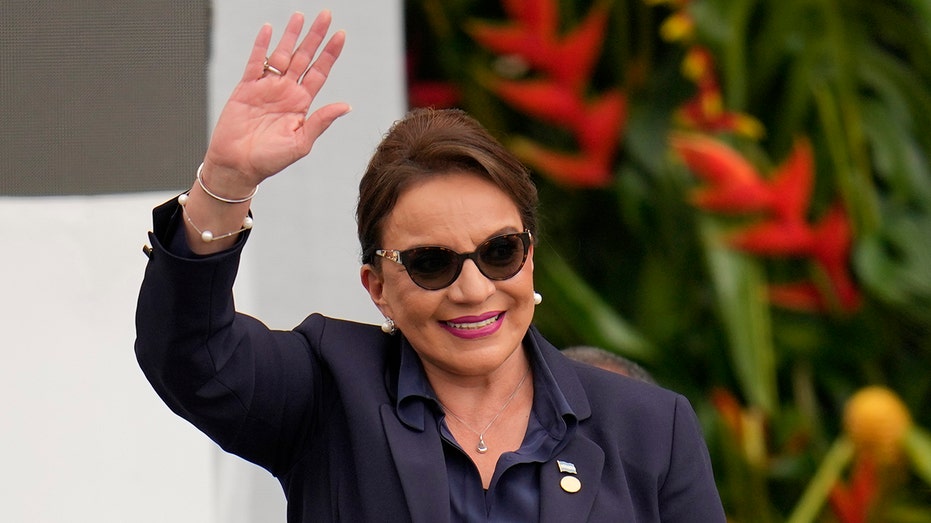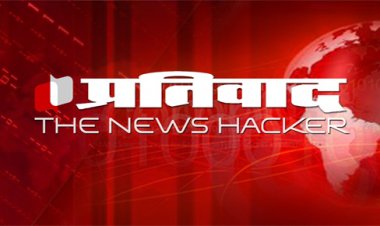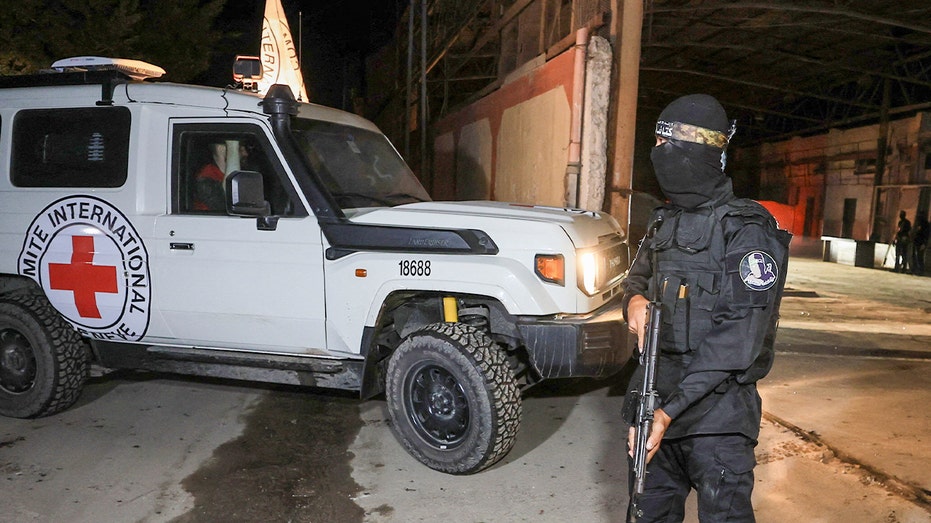Honduran opposition party leader flees arrest after being stopped in airport before traveling to US
The head of the Honduran opposition party, David Chavez Madison, fled the Palmerola International Airport, after authorities summoned him for a secondary inspection.

TEGUCIGALPA, Honduras (AP) — The president of Honduras’ main opposition party fled an international airport Tuesday breaking through a parking gate with his pickup truck after immigration agents stopped him for carrying two passports before he boarded a flight to the United States, authorities said.
David Chávez Madison, president of the National Party, fled the Palmerola International Airport around 3 a.m. Tuesday, leaving behind his passports when immigration agents called him for a second inspection, Allan Alvarenga, director of Honduras’ immigration agency told local press.
Chávez fled the terminal dressed in a black baseball cap, black jacket and black pants, according to images released by authorities.
The passport issue, however, may not have been Chávez’s main problem.
Hours later, a judge ordered Chávez’s capture based on the investigation of a 2016 complaint by the nongovernmental National Anticorruption Council related to irregularities during Chávez’s time as director of the National Institute of Professional Training, a government agency managing workforce training programs.
The alleged irregularities concern a bidding process in 2012 and 2013 in which a significantly inflated contract was awarded to outfit regional training centers in several Honduran cities, said Yuri Mora, spokesman for the Attorney General’s Office.
Security Minister Gustavo Sánchez said in a news conference Tuesday that the search for Chávez was underway.
Chávez knew he was under investigation and held a news conference Monday to dismiss it as a political persecution.
Honduras is embroiled in political turmoil as the ruling party of President Xiomara Castro has tried to exert control over the justice system. Castro's allies in Congress have appointed an interim attorney general, a move analysts and constitutional scholars have declared illegal.
The opposition, including Chávez, has accused Castro of consolidating power and eroding the country’s system of checks and balances.






















